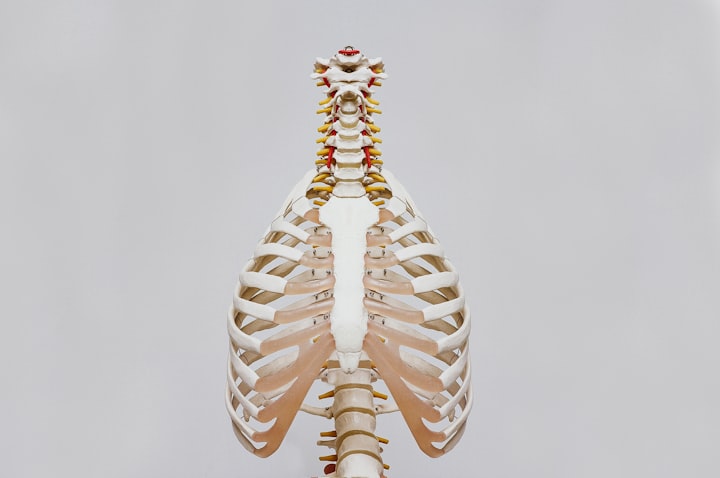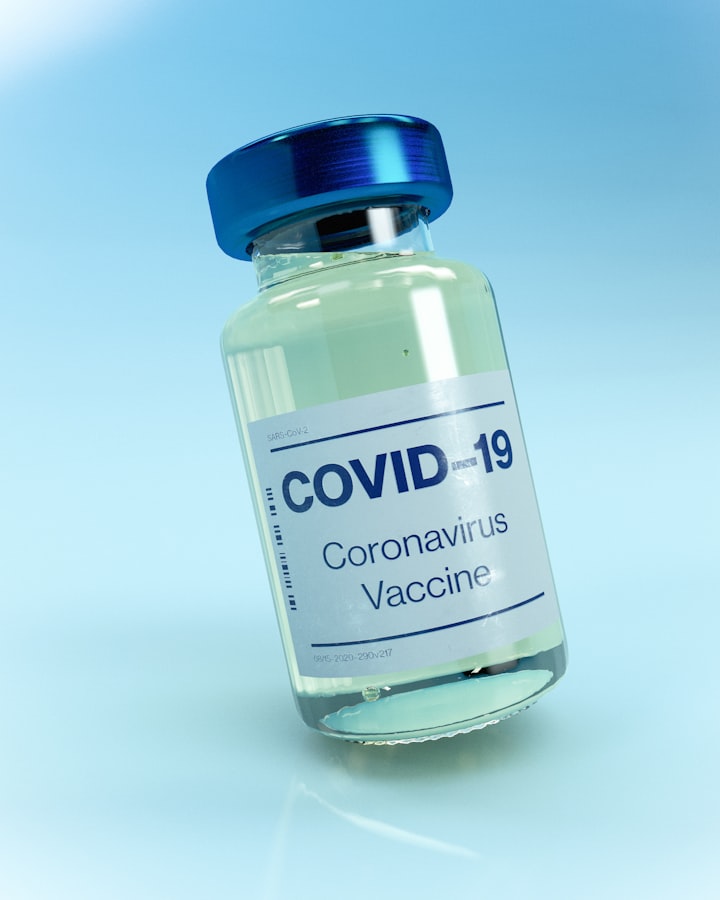Hiatal lHernia Sternum Pain
Hiatal lHernia Upper Back Pain and Rib Pain

Hiatal lHernia Sternum Pain
Hiatal lHernia Upper Back Pain and Rib Pain
Hiatal Hernia Sternum Pain
Hiatal hernia occurs when a portion of the stomach pushes through the diaphragm and into the chest cavity. They can occasionally cause hiatal hernia sternum pain.
While hiatal hernias can cause various symptoms, including heartburn, regurgitation, and difficulty swallowing, it is less common for them to cause hiatal hernia sternum pain.
However, it's important to note that individual experiences can vary, and some people may experience hiatal hernia sternum pain or chest pain as a result of a hiatal hernia. The hiatal hernia sternum pain can be caused by the herniated portion of the stomach pressing against the diaphragm, irritating the surrounding nerves or tissues.
If you're experiencing hiatus hernia sternum pain, it's advisable to consult with a healthcare professional for an accurate diagnosis. They will be able to evaluate your symptoms, perform any necessary tests, and recommend appropriate treatment options to alleviate your discomfort.
Hiatal Hernia Rib Pain
While it is less common, a hiatal hernia can occasionally cause rib pain. The herniated portion of the stomach can push against the diaphragm and irritate the surrounding structures, including the nerves that supply the ribs. This irritation can result in discomfort or pain in the area.
A hiatal hernia is a condition in which a portion of the stomach protrudes upward into the chest cavity through the diaphragm, which is the muscle that separates the chest from the abdomen. The diaphragm has an opening called the hiatus, which allows the esophagus (food pipe) to pass through and connect to the stomach. When a hiatal hernia occurs, it can potentially affect nearby structures, including the nerves that run along the ribs. Hiatal hernia rib pain may occur.
However, it's important to note that a hiatal hernia typically doesn't directly affect the nerves of the ribs. The main nerves associated with the ribs are the intercostal nerves, which run between the ribs and provide sensation to the chest wall. Hiatal hernias primarily affect the gastrointestinal system, leading to symptoms such as heartburn, acid reflux, chest pain, and difficulty swallowing. Hiatal hernia rib pain is rare.
In some cases, a hiatal hernia may cause referred pain, which means that the pain is felt in a different location from the actual source. Referred pain from a hiatal hernia can sometimes be felt in the chest or upper abdomen, and it may be mistaken for rib-related pain. However, the hernia itself doesn't directly affect the nerves that supply the ribs.
If you're experiencing pain or discomfort in the area of your ribs, it's important to consult with a healthcare professional for an accurate diagnosis and appropriate treatment for hiatal hernia rib pain. They can evaluate your symptoms, perform a physical examination, and order any necessary tests to determine the underlying cause of your discomfort.
However, it's important to note that there are many other potential causes of rib pain, and not all instances of rib pain are directly related to a hiatal hernia. Other conditions, such as costochondritis (inflammation of the cartilage that connects the ribs to the breastbone), muscle strain, or even other gastrointestinal issues, may also cause rib pain.
If you're experiencing rib pain and suspect it may be related to your hiatal hernia, it's recommended to consult with a healthcare professional. They will be able to evaluate your symptoms, perform any necessary tests, and provide an accurate diagnosis. Treatment options will depend on the underlying cause of the rib pain and may include medications, lifestyle modifications, or in some cases, surgery.
Hiatal Hernia Upper Back Pain
While hiatal hernia upper back pain is not typically considered a common symptom of a hiatal hernia, it is possible for the condition to cause discomfort in that area. The herniated portion of the stomach can put pressure on the diaphragm, which is located between the chest and abdominal cavities. This pressure can sometimes radiate to the upper back, leading to hiatal hernia upper back pain or discomfort in that region.
However, it's important to note that there are many potential causes of upper back pain, and it's crucial to consider other factors and conditions as well. Muscular strain, poor posture, spinal issues, or other medical conditions unrelated to the hiatal hernia could also contribute to what feels like hiatal hernia upper back pain.
If you're experiencing persistent or severe upper back pain and suspect it may be hiatal hernia back pain, we recommend consulting with a healthcare professional. They can evaluate your symptoms, conduct a physical examination, and order any necessary tests to determine the underlying cause of your pain. Based on the diagnosis, appropriate treatment options can be recommended to alleviate your discomfort with hiatal hernia back pain.





Comments
There are no comments for this story
Be the first to respond and start the conversation.